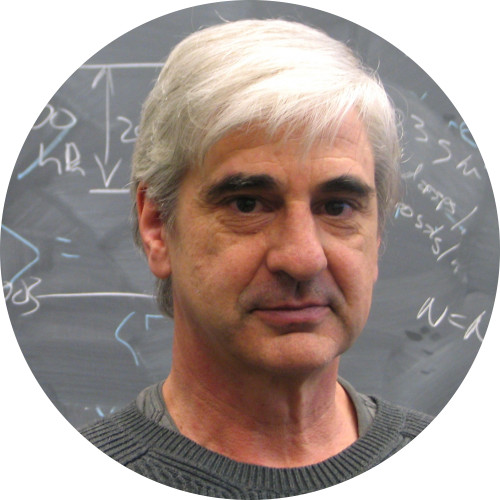Mechanisms and processes of past and future global environmental and climate change.
Faculty: Science
Subject: Earth and Ocean Sciences
Year / Level: 3
Theme(s): Climate Science
Description
Global temperatures are increasing, sea level is rising, ice is melting. Global climate change is one of the most pressing issues of our time. In this course, we will explore environmental physics, chemistry, biology, and geology to explain the mechanisms and processes of past and future global environmental and climate change.
Pre-reqs: Either (a) SCIE 001 or (b) one of CHEM 111, CHEM 121, CHEM 154 and one of MATH 101, MATH 103, MATH 105, MATH 121 and one of PHYS 101, PHYS 107, PHYS 117, PHYS 153, PHYS 157.
Learning Objectives
By the end of this course, students will be able to:
- Critically EVALUATE evidence in order to explain how Earth’s climate system works
- Critically EVALUATE hypotheses on what causes climate change, including both natural and human contributions
- EXPLAIN how paleo-, historical, and modeling data all inform predictions of future climate
- Critically EVALUATE arguments made in public debate on global climate change
You will also be able to:
- Explain how the greenhouse effect works, in terms of energy flows
- Explain when and why some components of Earth’s climate system are “forcings” and others are “feedbacks”
- Apply systems dynamics thinking (stocks, flows, amplifying and stabilizing feedbacks, delays) to all aspects of Earth’s climate system
- Evaluate uncertainty estimate for climate metrics, both in observations and modeling
Additional specific learning goals are associated with each class day.
EXPLORE
Check SSC to see if the course is currently offered and if you meet pre-requisites etc.
SYLLABUS
Read a copy of the course syllabus to see reading lists, assignments, grading, and more.
"“But the climate has always changed”: in EOSC340 learn the science behind why this is true, and how current/future climate change is different."


